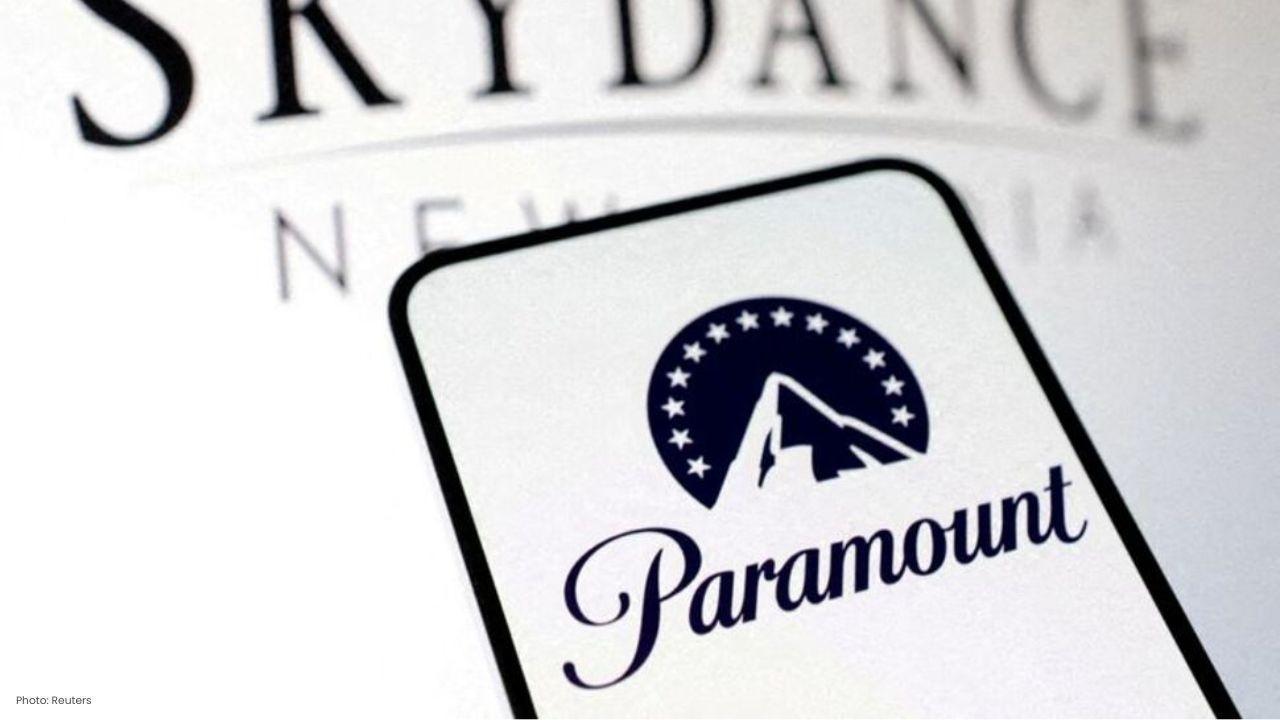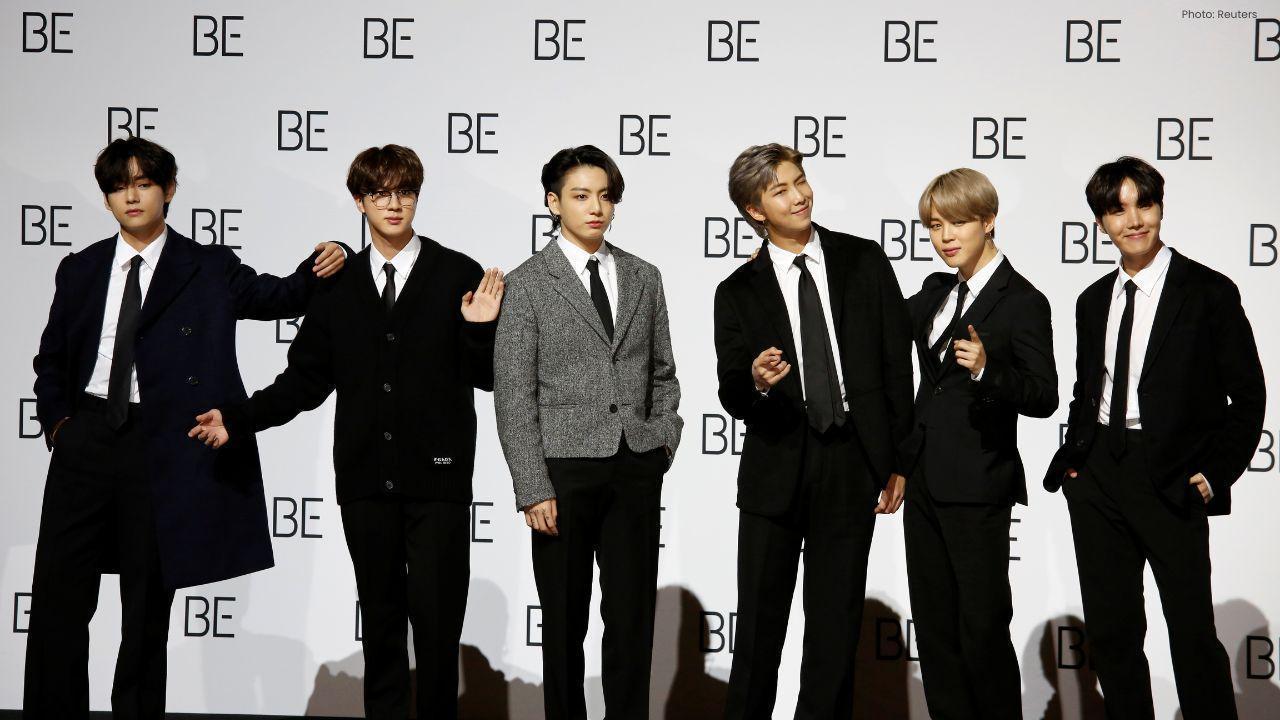
Post by : Samir Nasser
This phrase, “The boss is always right.” is familiar to many in the workplace. It seems straightforward, advocating respect for authority. Yet, beneath lies a complex interplay of power, leadership, and the psychology of human interactions at work.
For years, this belief has influenced workplace cultures, shaping not just thought patterns but also communication styles and reactions to leadership. The critical question remains—does the boss genuinely hold all the answers, or is it time for a reevaluation of this notion?
The origins of “the boss is always right” trace back to eras when authority was rarely challenged. In traditional environments, such as factories and military institutions, strict hierarchies reigned. Obedience was essential, and any dissent was deemed unacceptable.
While this approach was effective in maintaining discipline, modern workplaces demand collaboration, creativity, and open dialogue, which thrive only when diverse opinions are valued.
Even today, some leaders cling to this mindset primarily because it simplifies their role. A declaration like, “My decision is final,” can expedite processes and minimize disputes, leading to quicker resolutions.
However, this ease comes at the expense of employee voice—when ideas and feedback go unrecognized, staff may grow reluctant to share future insights. The apparent calm can mask a simmering discontent.
Outwardly, all may seem well, but internally, people may feel disempowered.
This phenomenon, termed authority bias, illustrates our innate inclination to follow directives from those in charge, even when personal agreement is absent. Conformity often feels safer; many workplaces reward compliance rather than dissent.
Consequently, employees may remain silent even when they suspect something is amiss, as placating the boss appears a wiser choice.
Every organization fosters its unique culture with implicit rules. In environments where the “boss is always right” notion prevails, employees adapt swiftly.
Often, it's not fear that silences dissent; it is the wish to blend in, avoid friction, and maintain group cohesion. Unfortunately, such silence stifles creativity, transforming the workplace into a command-following arena devoid of innovative thinking.
When individuals feel unable to voice their opinions, it fosters frustration, leading to a decline in motivation and potential burnout. Numerous professionals exit roles not due to job duties but because they feel disregarded.
Innovation thrives on dialogue, dissent, and fresh perspectives. If only the boss's voice is amplified, creativity suffers. Numerous corporations have faltered as employees withheld their insights, allowing issues to escalate.
When leaders believe they are infallible, they may become overbearing and dismissive. Such behavior can erode team trust, causing team members to disengage.
High-performing employees, often the very ones with innovative ideas, may ultimately depart.
History offers cautionary tales of organizations that floundered due to unyielding leadership. Valuable feedback was overlooked, and questioning authority became taboo—leading to growing errors that spiraled beyond repair.
Modern leadership emphasizes psychological safety, allowing team members to voice opinions without fear of repercussions. Listening to diverse perspectives strengthens teams and fuels company growth.
True leadership isn't about enforced agreement but fostering healthy discussions. Successful leaders invite dialogue, showing that great ideas can emerge from any team member.
Effective leaders seek not to always be right, but to get it right.
Although facing a strict supervisor can be challenging, silence shouldn’t be the norm. Here are strategic ways to express concerns respectfully:
Choose Appropriate Moments: Engage when your boss is calm and approachable.
Stay Objective: Present facts and data rather than emotions.
Exhibit Respect: Begin by recognizing their viewpoint.
Propose Solutions: Offer alternatives instead of merely raising complaints.
Build Trust: Establish credibility through consistent professionalism.
Respectful communication can gradually encourage even the most inflexible leaders to listen.
The future belongs to companies that prioritize collaboration over command. Organizations that champion open dialogue, agile thinking, and shared decision-making thrive.
Contemporary power isn't merely about control—it's about enabling success for all.
The phrase “the boss is always right” may have been applicable in years past but is increasingly irrelevant in today's dynamic work environment. Authentic leadership centers around trust, nurturing ideas, and facilitating growth.
A true leader champions dialogue; they learn, adapt, and lead with integrity, recognizing that a thriving workplace arises from valuing every individual’s contribution.
This article serves educational and informational purposes only, discussing general themes around workplace culture, psychology, and leadership behavior. It does not represent any specific entity or professional advice. Readers are advised to seek expert guidance for tailored workplace or leadership inquiries. The publisher disclaims responsibility for any use or interpretations derived from this content.










Paramount+ Wins Five-Year Deal to Stream PBR’s 'Unleash the Beast'
Paramount+ has inked a five-year streaming agreement to carry PBR's Unleash the Beast live from Dece

Zohran Mamdani's Historic NYC Win Marked by Bollywood Finale
Zohran Mamdani captured the New York mayoralty — the city's first Muslim and South Asian mayor — and

Indian Tennis Veteran Rohan Bopanna Ends Illustrious Career
Rohan Bopanna retires from tennis at 45 after winning two Grand Slams, becoming world number one, an

Babar Azam Becomes Top Run Scorer In T20I Cricket History
Pakistan’s Babar Azam has overtaken India’s Rohit Sharma to become the highest run-scorer in men’s T

BTS Comeback 2026 Group Plans Biggest-Ever Global Tour
BTS is set for a long-awaited comeback in 2026, followed by a massive 65-city world tour. Fans hope

India Stuns Australia to Reach Women’s World Cup Final
India shocked seven-time champions Australia in the Women’s World Cup semi-final, chasing 339 runs w